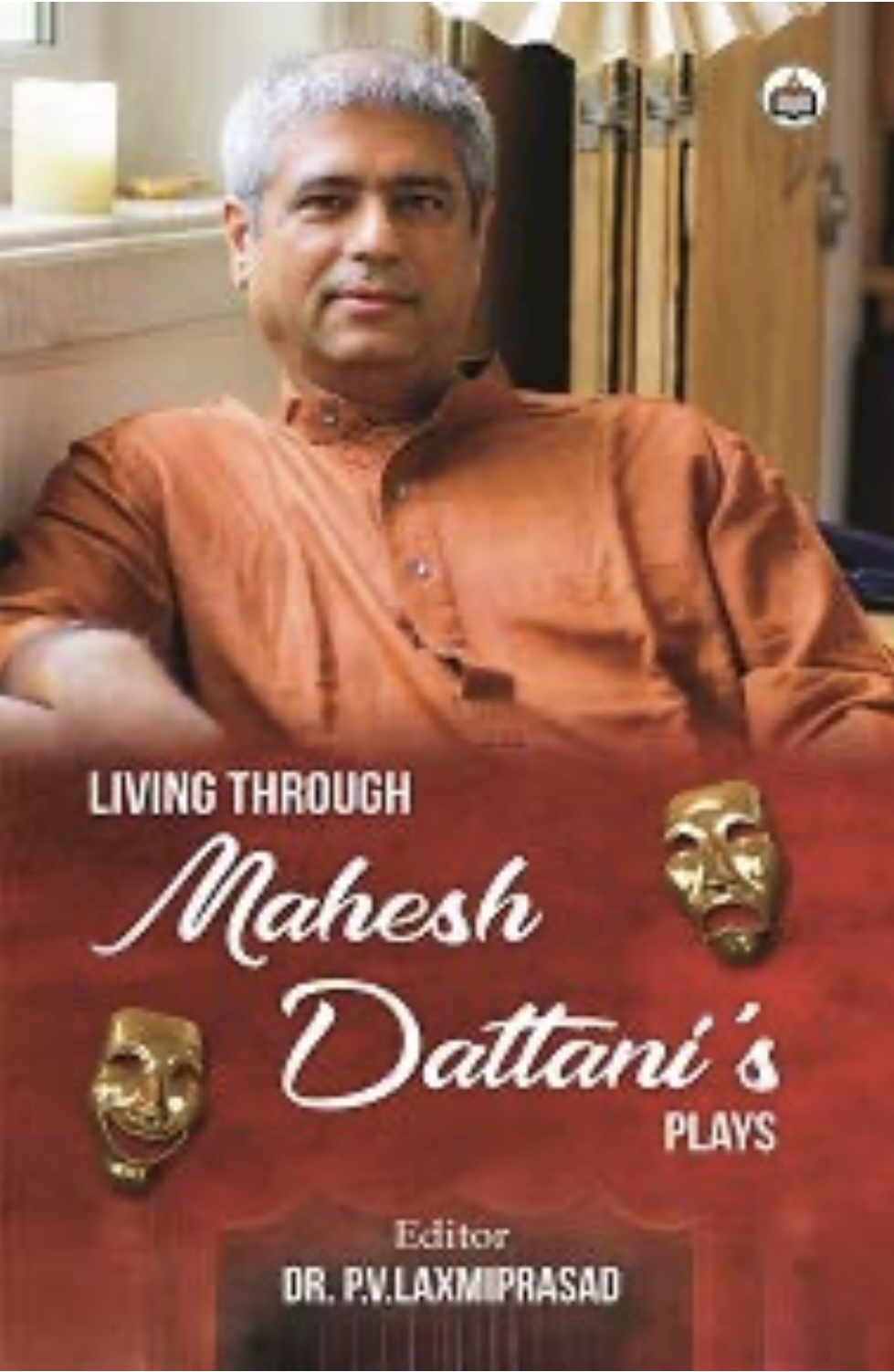Literature has always been considered a serious affair of intellectuals. Those intellectuals who prefer to lock themselves up in a personal space and give serious thoughts to either existing malfeasance of the mortal world or venturing into a dystopian era questing to find an ideal world of harmony and affection. Such trait always gives an impression to the authors that they love solitude and loneliness which may be partly true but at the end of the day, authors are also human beings. Even though they consider human beings as mere mortals but how can they keep themselves aloof from the festivity of life to which they are entitled as human beings and especially the one that helps them keep themselves sane? They would also love to have the fun and frolic of a festival and what could be a better opportunity than participating in a literary festival?
A literary festival is not just a conglomeration of like-minded authors but also authors who perhaps think on a completely different tangent and challenge our thought process. A literary festival not only comprises of authors but also readers and those prospective writers who dream of finding their names on the cover of a book. Even though the literary festivals are primarily aimed at promoting the authors’ work and fostering a love for literature and writing through various literary activities like Book Launches, Book Signings, Book Reading, Panel Discussions, and various other activities, it pinches very hard that the history of literary festivals is completely new. The timeline of the earliest literature dates back hundreds of years even before the birth of Christ, whereas, the first literary festival was organized by George Wilkinson and John Moore in 1949 by the name of ‘The Sunday Times Cheltenham Literature Festival’.
And in a country like India where festivals are a part and parcel of our life and whose literary heritage has been a source of pride for us, has embraced the culture of literary festivals wholeheartedly. The biggest example of this celebration of literature is the Jaipur Literature Festival which started in 2006 with just 30 writers and 100 readers in attendance and has emerged as the biggest literary festival in the world. India, being a country of multiple languages, has the privilege of literary festivals centered around various languages. And the beauty of this festive bonanza is that even though they aim to promote their native language they do not just restrict it to their native language, and they invite authors from various languages and locations. One of the best examples of such a diverse love towards literature is Jashn-E-Rekhta which is the world’s largest Urdu language literary festival and has had eminent speakers like Dr. Kumar Vishwas who is undoubtedly the most popular Hindi poet of our country, and Prem Chopra; a notable actor of Hindi and Punjabi films along with Nandita Das; an actress and Director who has acted in films of ten different languages.
Even though we as Indians are always in the habit of comparing the quality of literature from the West; India is one of those countries where literature is not just concentrated on the active authors but also we have always respected our deceased authors whose literary contributions have shaped us as an individual. Perhaps we would be one of those few countries that have started literary festivals in tribute to our past authors and one such literary festival is the Kerala Literature Festival in tribute to D.C. Kizhakemuri; a writer and publisher who is considered the doyen of the Indian Publishing Industry. We as Indians have been blessed to have literary festivals not just organized under the patronage of the government but also by a variety of corporates, bookstores, and other literary enthusiasts who have been active pioneers.
Whether it be the Tata Literature Live which is organized under the patronage of Tata Group or the Apeejay Kolkata Literature Festival organized by the Oxford Bookstores or Times Lit Fest organized by the Times of India; these literary festivals have been enthusiastic in promoting the Indian literature in particular and Indian literature in totality. And this proves true the saying that ‘literature teaches us the real meaning of humanity’, and the literary festivals in India are promoting humanity and harmony in a true sense. It comes as a pleasant experience to find various personalities from different backgrounds of society coming together to promote the single cause of the enrichment of literature. These literary festivals are not just a medium to promote the writings of various writers but also a different form of art which have the same motto as literature.
Even though a few literary festivals like Guntur International Poetry Festival just allow poetry and the Bookaroo Festival of Children’s Literature is mainly concentrated on children’s literature; the literary festivals in India mainly focus on multiple forms of art and culture. They not only give us a sneak peek into the current vividness of our rich literature but also give us an immersive experience of the unforgettable journey and works of various eminent authors of whom we have either forgotten or are simply unaware.
The revolution of the literary festival is indeed a major positive hullabaloo in the Indian literary fraternity that has certainly helped us find our immense love for literature. They help us realize our creative paradigm and also serve as a center point where we can meet the creator of our beloved books in person and get mesmerized by their immense imagination power.
Author is the Editor-in-Chief of The Literary Mirror and Co-Founder of Literia Insight.


